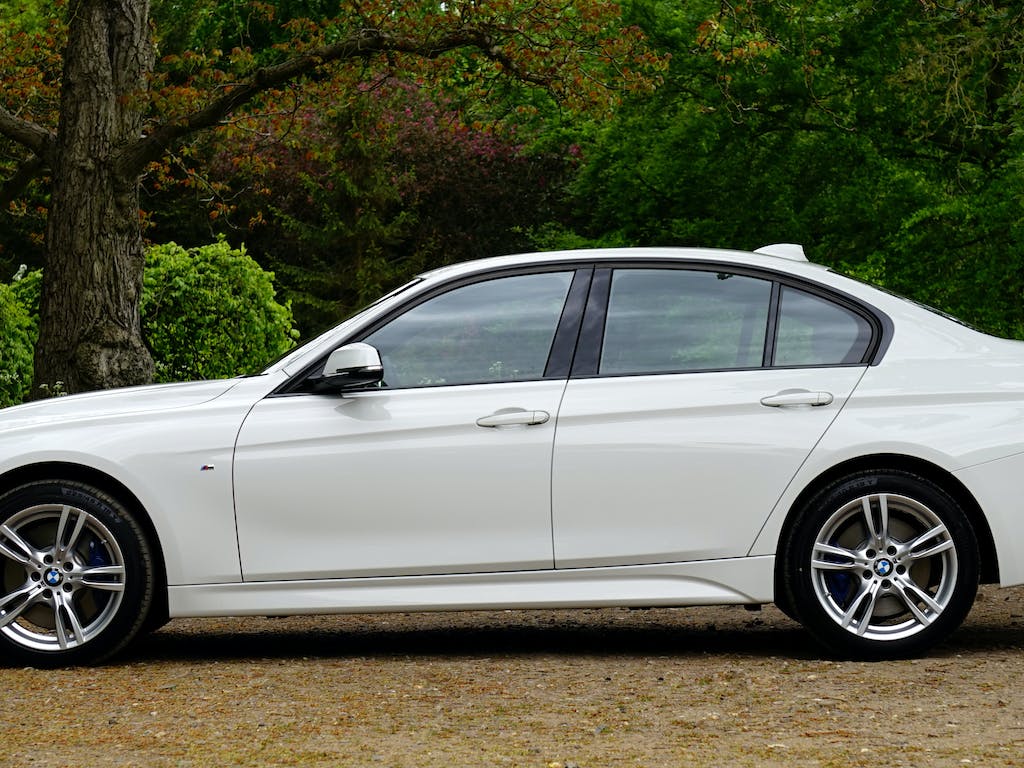Auto insurance is a type of insurance policy that covers damages and expenses arising from owning and operating a vehicle. The primary purpose of auto insurance is to protect the driver financially in case of an accident. However, many people may not be aware of everything auto insurance covers. In this article, we will look at all the things that auto insurance covers, from liability to collision and comprehensive coverage.
Liability Coverage
Liability coverage is one of the most important types of auto insurance coverage. This coverage pays for damages and injuries that the policyholder may cause to other people in an accident. Liability coverage is required by law in most states, and the minimum coverage limits vary by state. Liability coverage typically includes bodily injury liability and property damage liability.
Collision Coverage
Collision coverage pays for damages to the policyholder’s vehicle that result from an accident with another vehicle or object. Collision coverage is not required by law, but most lenders will require this coverage if the policyholder is financing the vehicle. This coverage is subject to a deductible, the amount the policyholder pays before the insurance company covers the rest of the repair costs.
Comprehensive Coverage
Comprehensive coverage pays for damages to the policyholder’s vehicle due to incidents other than collisions, such as vandalism, theft, fire, or weather-related events. Like collision coverage, comprehensive coverage is not required by law, but most lenders will require this coverage if the policyholder is financing the vehicle.
Personal Injury Protection (PIP)
Personal injury protection coverage pays for medical expenses, lost wages, and other expenses that the policyholder or passengers may incur due to a car accident. PIP coverage is not required by law in most states, but it may be required in no-fault states.
Uninsured/underinsured Motorist Coverage
Uninsured/underinsured motorist coverage pays for damages and injuries that the policyholder may sustain due to an accident with a driver without insurance or inadequate insurance coverage. This coverage is not required by law, but it is highly recommended.
Rental Car Coverage
Rental car coverage pays for renting a car if the policyholder’s vehicle is in the shop for repairs after an accident. This coverage is not required by law but can be a valuable addition to the policy.
Roadside Assistance
Roadside assistance coverage provides assistance if the policyholder’s vehicle breaks down or becomes stranded on the road. This coverage typically includes services such as towing, jump-starting a dead battery, and providing fuel.
Remember, having the right auto insurance policy can provide you with peace of mind and financial protection in case of an accident.

